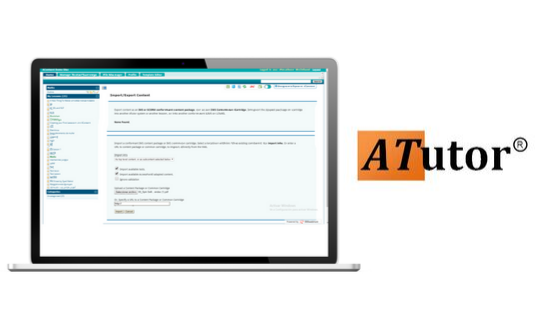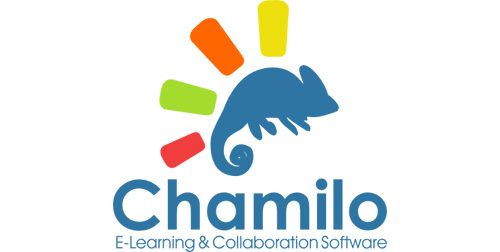


The softwares require PHP, MySQL and web server software such as Apache or Microsoft IIS. The systems requires only one database and can coexist with tables from other applications. ATutor supports PostgreSQL databases too. 4ĥ Evaluating aspects Technical flexibility Hardware and software requirements Support Cost/License Authentication Learning tools Forums Materials Messenger Chat Exercises Group work Student tracking Usability Technical knowledge/installation Course templates Standards Languages 5Ħ Hardware and software requirements Both softwares support any browser although Internet Explorer 4+, Netscape 6+, and Opera 5+ are recommended. The word Moodle was originally an acronym for Modular Object-Oriented Dynamic Learning Environment, which is mostly useful to programmers and education theorists. Moodle is provided freely as Open Source software (under the GNU Public License).

It is an ongoing development project designed to support a social constructionist framework of education. Moodle is a software package for producing internet-based courses and web sites. It has many features and rates highly for usability, including accessibility for learners with disabilities. ATutor is very strong on standards and can import external content in IMS/SCORM format. The system is also install-friendly and receptive to new language versions. While the user interface may not seem intuitive to many, the overall functionality is good and the development team is committed to standards. 3Ĥ ATutor is a promising system that provides good documentation, ease of installation, and strong potential for development. Our suggestion is the Moodle or the ATutor This presentation examines and evaluate suggested Learning Management Systems, Moodle and ATutor, their functional features, modules, standards, hardware and software requirements. We needed to study the What is existing in GNU/GPL softwares in the NODES context. The NODES project aims at promoting the use, in adult training, of multimedia knowledge, in order to facilitate competitiveness, employability and mobility of adults who are victims of the digital divide or of some of its components such as distance, initial level of knowledge, language, use of complex technologies, etc. Such ideas are public and have been practiced for centuries they are not the result of research and development.1 Comparison of Moodle and ATutor LMSs Péter Lengyel - Miklós Herdon - Róbert Szilágyi University of Debrecen CAS-FAERDĢ Contents Introduction (Moodle, ATutor) Evaluation aspects Technical flexibility Learning tools Usability Comparison Conlusion 2ģ Introduction A platform for online courses may also be called an LMS (Learning Management System) or LCMS (Learning Content Management System). These volunteers collaborated to make a Wikipedia article on the History of virtual learning environments, which documents several examples of prior art.Īdditionally, Greg Gay, project lead of ATutor asserted in support of the re- examination request: "A patent on an educational concept - namely the relationship among students, instructors, and administrators - makes no sense. In support of the challenge to the Blackboard patent, volunteers across the Internet found examples of older programs that used ideas claimed by the patent. If successful, the request will ultimately lead to the cancellation of all 44 claims of the Blackboard patent. In early 2007 the re-examination request was granted by the United States Patent and Trademark Office (USPTO). The Software Freedom Law Center filed a re-examination request on behalf of ATutor, and two other clients in late 2006.

ATutor is one of three open source learning management systems named in a formal challenge to an e-learning patent issued to Blackboard Inc.


 0 kommentar(er)
0 kommentar(er)
